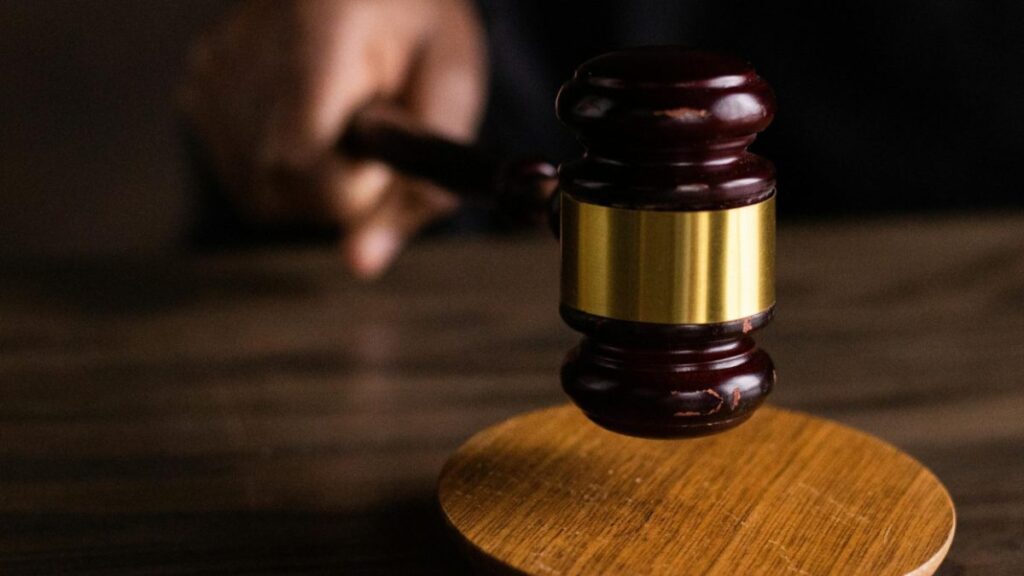A High Court in Nairobi has issued temporary orders stopping the government from enforcing two key provisions of the Computer Misuse and Cybercrimes (Amendment) Act, 2024. The ruling halts the implementation of sections that allow the state to shut down social media platforms and criminalise certain online communications until six pending petitions challenging the law are heard and determined.
Justice Lawrence Mugambi suspended Section 27(1)(b), which makes it an offence to send a message or email that could lead a recipient to commit suicide, and Section 6, which empowers authorities to shut down social media platforms such as Facebook, X (formerly Twitter), and WhatsApp, as well as websites deemed to promote content related to terrorism, sexual activity, or cultism.
The court’s decision followed an agreement among the parties involved, including representatives from the Communication Authority of Kenya (CAK) and the Attorney General’s office. They agreed that the suspension should apply only to the two sections rather than the entire Cybercrimes Act, which had previously been affected by broad conservatory orders issued in October.
Lawyer Paul Nyamodi, representing the Attorney General, told the court that the revised orders were meant to ensure that other lawful provisions of the Act could continue to operate while the disputed sections remain suspended. The court also ruled that Section 6(1)(j)(a) of the Act would remain suspended pending full hearing and determination of the petitions.
Lawyer Patrick Lutta, appearing for the CAK, argued that the initial conservatory orders were obtained through misrepresentation and non-disclosure of crucial facts. He pointed out that a similar case concerning the same legislation is already pending before the Court of Appeal, filed by the Kenya Bloggers Association.
The court further directed that the six petitions challenging the constitutionality of the Act — filed by various parties including musician Reuben Kigame and Embakasi East MP Babu Owino — be consolidated to streamline the proceedings.
The case will be mentioned virtually on November 14, 2025, for further directions. The outcome is expected to have a major impact on digital freedom, online expression, and government regulation of social media platforms in Kenya.

